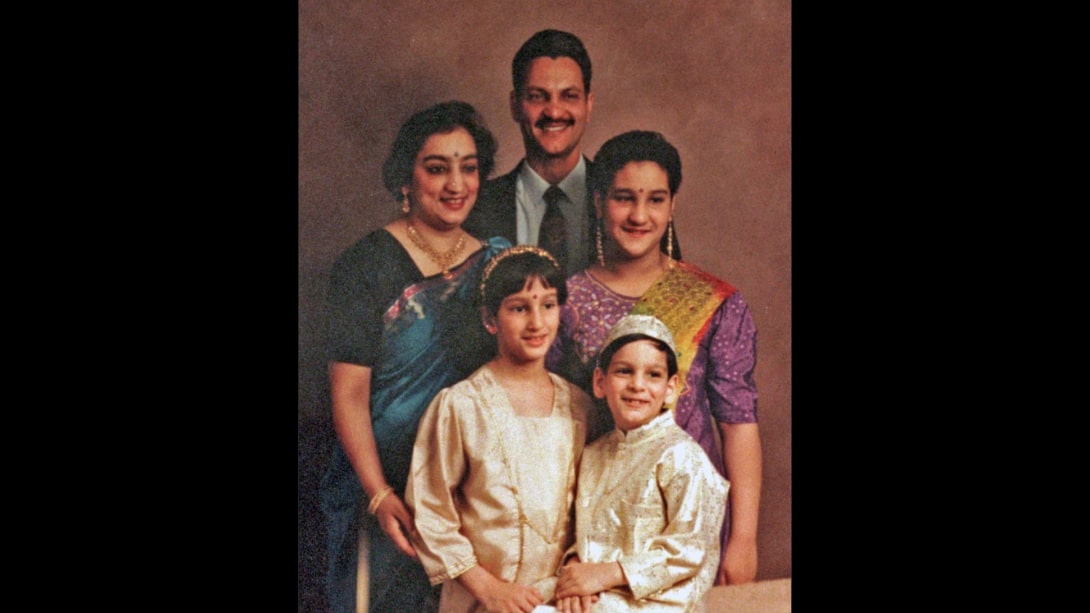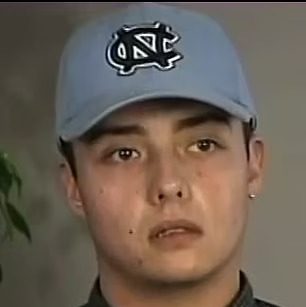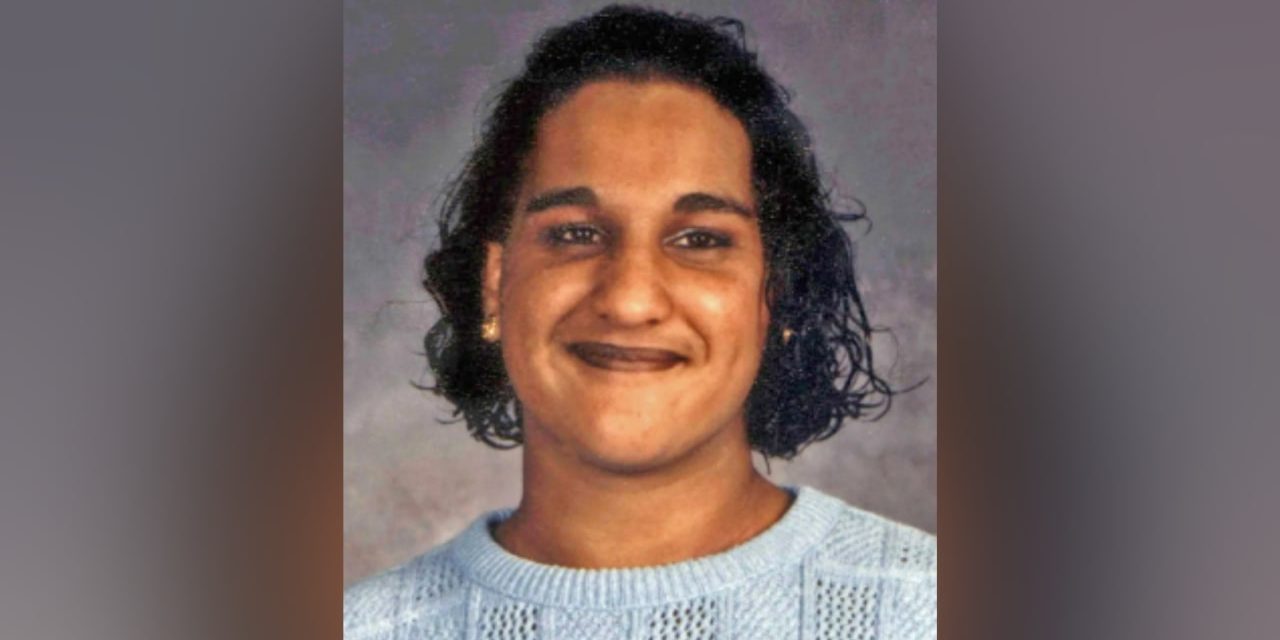14-year-old Reena Virk faced numerous challenges in her life, including being placed in foster care and experiencing bullying at school. In November of 1997, her father became worried when she didn’t return. Initially, her disappearance wasn’t treated as urgent due to the circumstances that Reena was facing, and it was believed that she would return. Hulu’s ‘Under the Water’ follows the case closely and explains how her body was found submerged in a waterway about eight days later. It also examines the motivations of those who committed the crime.
Reena Virk’s Killers Planned To Attack Her
Reena Virk, born on March 10, 1983, grew up in Saanich, British Columbia, Canada, as the daughter of an immigrant Indian father and an Indo-Canadian mother. The family practiced Jehovah’s Witnesses beliefs, challenging Reena’s life as she navigated cultural and religious differences. Additionally, she faced persistent bullying at school, with her father noting that she was often singled out for her weight and subjected to harassment during her formative years.
In 1996, Reena reached a breaking point and took drastic action. She falsely accused her father of harassment because she wanted to be placed in foster care. She was removed from her home, and after spending some time with her grandmother, she was indeed placed under state care. She eventually retracted the accusations and returned home. On the evening of November 14, 1997, Reena attended a party with friends from her high school. Later that evening, a group of teenagers called her under the Craigflower Bridge near the Shoreline School in Saanich, where they subjected her to mocking and ridicule.

The situation escalated when Nicole Cook, one of the girls, pressed a lit cigarette to Reena’s forehead, and others joined in the physical assault by beating and stomping on her. A few people at the party left the scene, but a few stood by and watched the violence unfold. The group that was hitting Reena, composed of eight individuals, mostly girls, with one exception, eventually left her alone. As she struggled to rise and make her way along the bridge, two individuals from the group, 16-year-old Warren Glowatski, and 15-year-old Kelly Ellard, followed her.
They caught up with her and resumed the beating, smashing her head against a tree and then climbing on top of her to stomp on her relentlessly. Reena had become unconscious by this point, and Warren and Kelly dragged her to the edge of the Gorge Waterway in Saanich. It’s alleged that Kelly held Reena’s head underwater until she stopped breathing. When Reena didn’t return home the following morning, her mother reported her disappearance to the authorities. However, due to Reena’s troubled background, the police initially treated her as a runaway and expected her to return soon.
By this point, rumors were circulating at school, and some girls from Reena’s foster home informed the authorities that she might have been killed. Following the lead, the police began searching the waterway, and on November 22, her body was discovered. She was found without her shoes and pants. The autopsy revealed severe injuries, indicating that she had died from drowning. However, it also determined that the head injuries were significant enough to have been fatal even without drowning.
Bullying and Adolescent Violent Contributed to Reena Virk’s Murder
All eight perpetrators were apprehended by the police and charged with aggravated assault. Warren Paul Glowatski and Kelly Ellard were treated as adults and were arrested and convicted of second-degree murder. The case garnered significant attention due to the extreme violence committed against a child by other children. The police needed to understand the motive behind the attack. The primary reason that emerged was the continuation of the bullying that Reena Virk had endured throughout her life.

It was revealed that Reena had read Nicole Cook’s journal, which contained entries about boys she was interested in. Reena allegedly contacted these boys, sharing harmful lies about Cook. Additionally, another girl accused Reena of trying to steal her boyfriend. This led to a group of individuals planning to harm Reena, prompting them to invite her to the location under the bridge to hurt her.
The speculation regarding the racially motivated nature of the crime stems from the fact that Reena was of Indian descent in a predominantly white community. Throughout her life, she faced bullying and discrimination, which suggested a pattern of racial hatred. The attackers, including Warren and Kelly, may have harbored prejudiced attitudes toward Reena due to her ethnicity. Additionally, the viciousness of the attack, coupled with the involvement of multiple individuals, indicates a deep-seated hostility that racial biases could have influenced. However, it’s important to note that while racial motivations are plausible, authorities have not definitively confirmed them.
During his time in prison, Warren accepted accountability for his actions, engaging in rehabilitation programs and reaching out to Reena’s parents to express remorse. He said he deeply regretted his actions and emphasized that he had no motive to harm Reena. Warren testified against Kelly in two trials after the first conviction was overturned and the second ended in a hung jury. While acknowledging his wrongdoing, he also attributed much of the responsibility to Kelly, although he admitted to making poor choices. Reena’s parents later supported his application for parole.

Reena’s family has chosen to honor her memory by actively addressing adolescent violence and bullying in schools. Through speaking engagements and advocacy work, they strive to raise awareness about the dangers of bullying and violence among adolescents, aiming to prevent tragedies like Reena’s from happening to other families. By sharing Reena’s story and highlighting the importance of fostering a safe and inclusive school environment, they hope to inspire positive change and promote empathy and compassion among students.
Read More: Where is Kelly Ellard Now?


You must be logged in to post a comment.